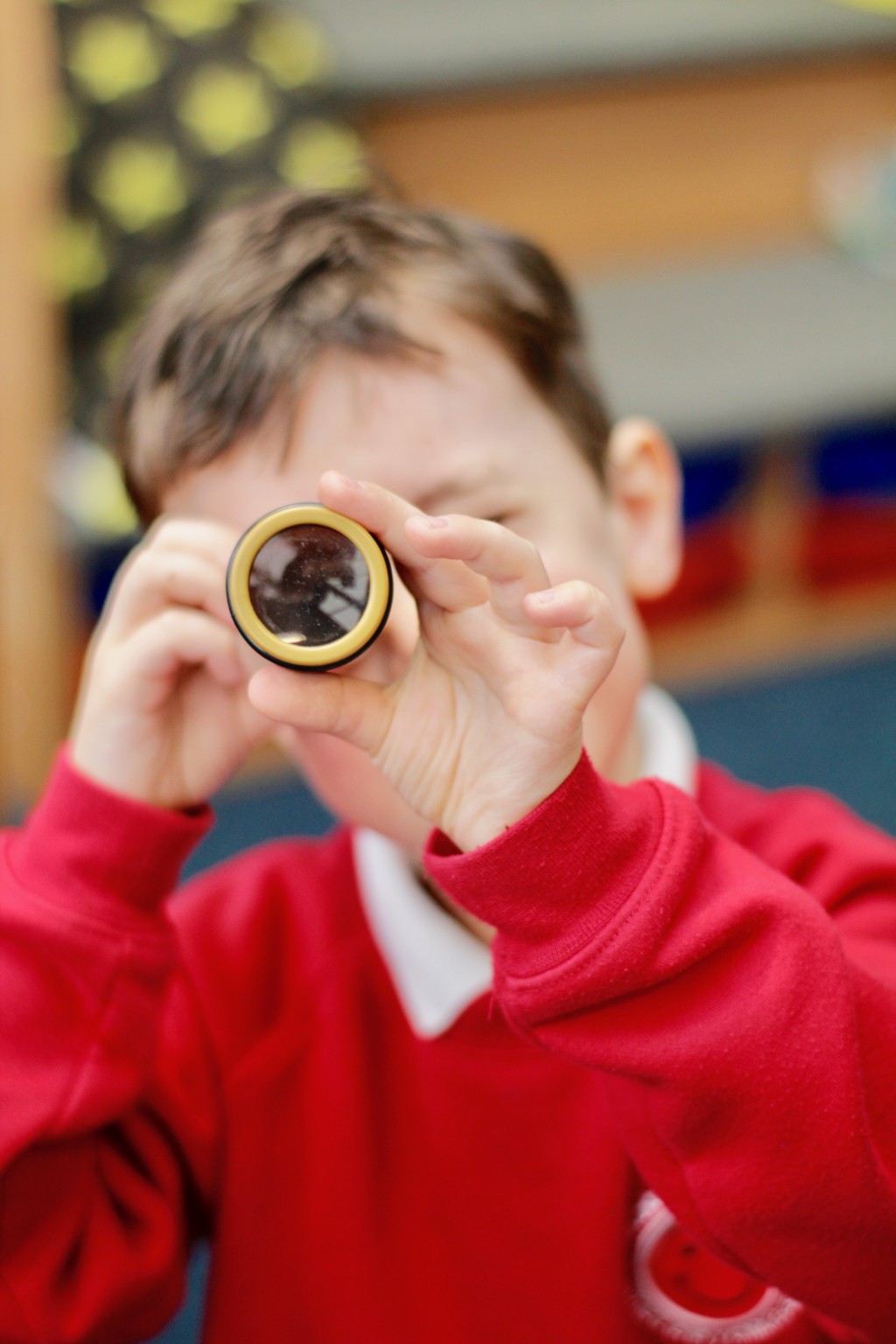Welcome back to school, September 2021 - Learning to live with Covid-19

The Department for Education (DfE) is very clear that schools should now return to a more normal and routine form of schooling, to support both the educational recovery and the well being of children and young people. Excellent attendance at school is, of course, the most important factor to achieve this aim and it is the stated aim of the department to prevent the frequent disruption caused through school closures and by students isolating, which has so badly disrupted the last two academic years. We are fully supportive of this approach, as public servants, accountable to the Secretary of State for Education, and having worked through the most challenging period of our professional lives, we all share this aspiration.
We now must adapt and learn to live with Covid-19, mitigating the risks and remaining fastidious in following the necessary measures that will keep our communities as safe as possible.
The DfE has set out a proportionate approach, with flexibility built in, should further mitigations be required. The latest research suggests that Covid-19 transmission in schools is remarkably low (approximately 1.5%). We do, however, note that community transmission is increasing, as society returns to greater normality, and that the number of positive cases is likely to rise and therefore disrupt teaching and learning. Whilst close contact tracing will now be undertaken by the NHS Test and Trace system, we will continue to be proactive in liaising with local health teams, to share information that we believe will be useful in supporting the identification of any potential outbreaks of Covid-19.
There are a number of changes to school practice, from September 2021. Class and Year Group bubbles are no longer required, although our schools will keep a range of practical measures in place, such as one way systems or split breaks and lunches, to minimise the amount of mixing between different groups of students. Whilst reintroducing some assemblies, we will continue to restrict the number of times we bring large numbers of children and young people together in the same space. Importantly, we will reintroduce enrichment and extracurricular activities, but do not plan to undertake any residential visits until the Spring Term, 2022 at the earliest.
Across the Trust and in our schools we have started to hold face to face meetings again, which are so important for building relationships and improving practice. We are considering our approach to meetings involving governors, parents and other external groups and we will have a mix of face to face and remote meetings in the Autumn Term, before reviewing the situation in the Spring Term. When a face to face meeting is convened, we will offer remote access to that meeting wherever possible, should an individual request it.
We anticipate that the winter months will provide more challenges as community cases rise and as a consequence the numbers rise in our schools. It is therefore vital that our schools and the wider school community continue to take measures to both prevent transmission and identify and confine any cases promptly. Schools have been tasked with reviewing their risk assessments and preparing an Outbreak Management Plan, which will reintroduce many of the measures from last year, should they be required, such as masks, bubbles and staggered school timings.
It is essential that we do not become complacent and that we all continue to implement the key mitigations to reduce the spread of the infection, in particular -
- twice weekly testing for all staff and secondary aged students
- good ventilation in all areas of the school buildings (CO2 monitors will arrive later in the term from the DfE)
- regular washing / sanitizing of hands
This week the government has approved the vaccination of 12-15 year olds, with schools being used as a venue for healthcare staff to deliver the vaccinations. There is already a well developed vaccine programme for school age children in place, to combat disease such as HPV, Diphtheria, Tetanus and Polio and, as ever, parental consent is required and will be sought by the NHS, in advance of the programme. The Trust and our schools are simply providing the venue for the vaccinations and it is not our place to intervene in the decisions made by individual parents and their children about the uptake of the vaccine.
As in previous years, the Three Rivers has arranged for the Flu Vaccine to be available to all staff who would like it. This will take place in October at the school sites, and will further protect staff and prevent further disruption to the education of our children and young people.
There are a wide variety of views about the management of the pandemic and the measures that are recommended by the government. Our role as public servants and educators is to support and implement the guidance issued by the DfE, to keep our staff, parents and students well informed about the arrangements and to take individual responsibility to ensure that our actions do not place others at risk. We all hope for a more normal school year, in which our students can thrive and enjoy their time in school.
